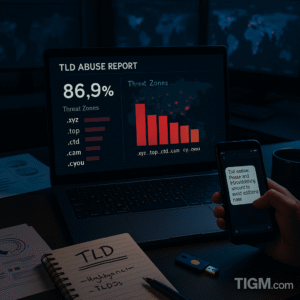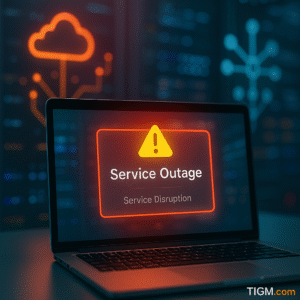A recent DNSSEC advisory has flagged minor resolver instability affecting two regional DNS providers, raising operational alerts for registrars, hosting companies, and DNS engineers managing DNSSEC-signed zones. While the instability is described as minor and localized, it’s enough to potentially cause validation failures, intermittent resolution issues, or delayed propagation for domains relying on the affected resolvers.
DNSSEC adds cryptographic signatures to DNS records to prevent spoofing and cache poisoning, but it also introduces additional points of failure. When resolvers experience instability—whether from configuration errors, software bugs, or infrastructure hiccups—DNSSEC-signed domains can fail to resolve properly for users relying on those resolvers. The advisory suggests the current issues are contained to specific regional providers rather than affecting global infrastructure, but anyone managing DNSSEC-enabled domains should monitor for anomalies.
For registrars and DNS engineers, the practical takeaway is to watch for increased support tickets around resolution failures, especially from users in the regions served by the affected providers. If DNSSEC validation is failing intermittently, it can manifest as sites appearing unreachable or emails bouncing, even though the actual DNS records are correct. Troubleshooting these issues requires checking resolver logs, verifying DNSSEC chain integrity, and sometimes temporarily disabling DNSSEC to confirm it’s the source of the problem.
Worth noting is that DNSSEC adoption remains uneven across the industry—many domains still don’t use it, and incidents like this highlight why some operators remain cautious about implementation. The security benefits are real, but the operational complexity and potential failure modes make DNSSEC a trade-off that requires careful monitoring.
For domain investors and website operators, the advisory is mostly background noise unless you’re actively using DNSSEC. If you are, keep an eye on resolution behavior over the next few days.








